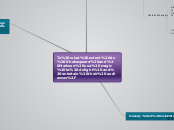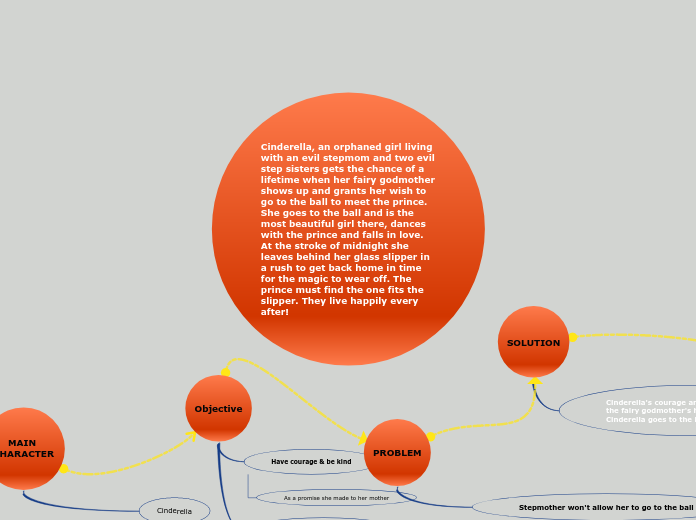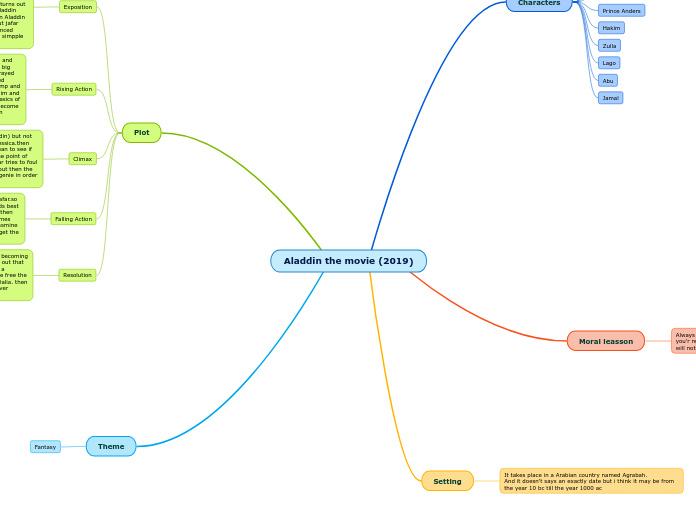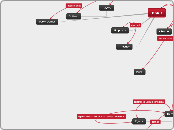a Amanda Trehearn 7 éve
577
Magic to delight and entertain

a Amanda Trehearn 7 éve
577

Még több ilyen


Szerző: Mrs. Hansen


Szerző: Federico Abisambra


Szerző: Katherine Roman


Szerző: John Doe
Ariel's magic is being used to administer justice. He suggests that they will be punished by being put into a limbo/ purgatory -like state.:)
The wrong-doing of the Pope is made clear to the audience
'Cursed be he that stole his Holiness' meat from the table. Maledicat Dominus!' - Mocking the ritual of excommunication to seem ridiculous.
'To me and Peter shalt thou grovelling lie and crouch before the papal dignity:' Suggests that the Pope is proud.
'This is the goodly palace of the Pope.' Also note the excessive feast. - Suggests excessive wealth and gluttony.
The wrong-doing of the Machiavels is made clear. Ariel is there as an agent of natural justice
'My fellow- ministers are like invulnerable.'
Suggests that Ariel is the avenging angel. Ariel is invincible - May suggest that it is impossible to hide from justice.
'Ling'ring pedition - worse than any death can be at once.'
'That hath to instrument this lower world and what is in't - the never surfeited sea hath caused to belch up you.'
HOWEVER
Mockery of corruption still provides entertainment
Dark comedy/low comedy in the goading of the Pope
"Some ghost crept out of Purgatory" - Audience can see its just Faustus (dramatic irony), so can be amusing. However, it could also be a form of psychological torment, as he is using religious belief against these men. Scares them so much they lose their authority "I am slain"
Practical joke of moving obejects and scaring and individual who appears gluttonous is amusing to the audience as they are seeing a form of justice served (possibly retribution?). Pouring the wine upon them/food fight, childlike whilst giving the just punishment to those who deserve it.
Contrasts with previous presentation of Faustus, who is generally a serious and mature individual (scholar), however he reverts back to a childlike manner in order to play a joke upon someone who contrasts with the popular religion in Britain at the time.
A modern audience wouldnt find it amusing or appropriate. More sensitive to others religions, not going to berate individuals for them.
Their wrongdoing has caused the elements to rise up against them. The use of the verb 'belch' emphasises the idea that the universe is rebelling against them, as a result of their plans.
A form of dark comedy is created through the reactions
Could be perceived as pathetic against the force of the spirits. Their defence counts for nothing, Ariel states "you fools! I and my fellows are ministers of fate! The elements, of whom your swords are tempered, may as well wound the loud winds." - Amusing as these two machiavels have previously spoken of their power and cunning against others (particulalry the King), however we see when placed in a situation they are rendered useless and vulnerable, just like those they prey upon.
Actor relied upon to act in a manner which can be perceived as frightened or terrified by said "spirits/monsters". Sebastian and Antonio drawing their swords, using weapons as defense.
May evoke sympathy from the audience as they can view Alonso, Gonzalo, Sebastian and Antonio as vulnerable, and dont wish to see individuals suffering. Modern audience against capital punishment/corporal punishment (justice system), so wouldnt wish this form of punishment placed upon the individuals.
Faustus and Meph move amongst the pope and cardinals and are privy to that which is never usually seen by the general public - the political machinations of the era
"Damm'd be this soul for ever for this deed"
Ironic as Faustus's soul is already dammed to the devil.
"O I am slain! help me,my lords; O come and help me to bear my body hence."
Comedic effect due to over-reaction of the Pope after (what is to the audience) a light mockery of him. This furthers the idea of black comedy and makes a 'fool' out of the Pope and the Catholic Church - portraying it in a negative light. Audiences at the time would have frowned upon this and bad-mouthing the church was unheard of.
Ironic as the Pope views it as an act of evil where perhaps it is him and his actions to Bruno which could be called evil.
Political comment on the era - anti-catholic attack
The positioning of Prospero above the other characters conveys a sense of god-like omniscience. The asides create dramatic irony and a sense of closeness between Prospero and the audience.
Stage direction- "Enter Prospero abpve the scene (invisible, in his magic clock)"
"They are now in my power"
Structurally the climax of the play
Due to invisiblity, it creates a comic effect to the audience as they can see Prospero but the characters on stage can not. (Prospero has the power to manipulate them).
Could be viewed as a magical challenge to the natural order
Faustus and his lack of appearance in turning invisible is a use of dramatic irony which creates comedy. This is used humorously as well as politically to show the farce and to make a mockery of Papal rituals.
'from thence to Venice, Padua, an the rest'
Randomly pick out sites
For contemporaries knowledge and wisdom was associated with travel, frequently expensve and therefore reserved for the nobility, here Faustus challenges social boundaries by using supernatural powers to break through the financial and social restrictions.
Effect of use of list by Marlowe, sights and places famed for their attractions and the desire of the untravelled people to see them is harnessed.
'Who, though they are of monstrous shape, yet note, their manners are more gentle,'
Antithesis of actions vs apperance/ Juxt of gentle and monstours
Gonzalo appreciates the supernatural nature of the spirits and their subservience over thier monstrous appearance. 'Their manners are more gentle' we can see this as the human conception that as long as a character is subservient, i.e performing their role in society we they cannot be condemned as monstrous.
Marxist Reading - comment on the power of those in authority to give and take the basics needed for human existence. Example of the cruety usually experienced by the proletariat ironically meeted out upon the aristocracy here - much to their anger
'Now i will believe that there are unicorns.'
Surprise and claimed belief in the supernatural shows that the scene before them is clearly of magical creation.
Temptation, viewed as one of the most evil sins, gluttony is shown here as the key temptation and is punished severely.
'like a Harpy'
Feminist Reading - not SOLELY to entertain
Original sin, Eve tempted Adam, widely held contemporary belief that women are more sinful.
Mythological reference, horrific and ugly appearance. Woman's head symbolising temptation whilst potentially deadly. Bird of prey body is potentially deadly, horrific side.